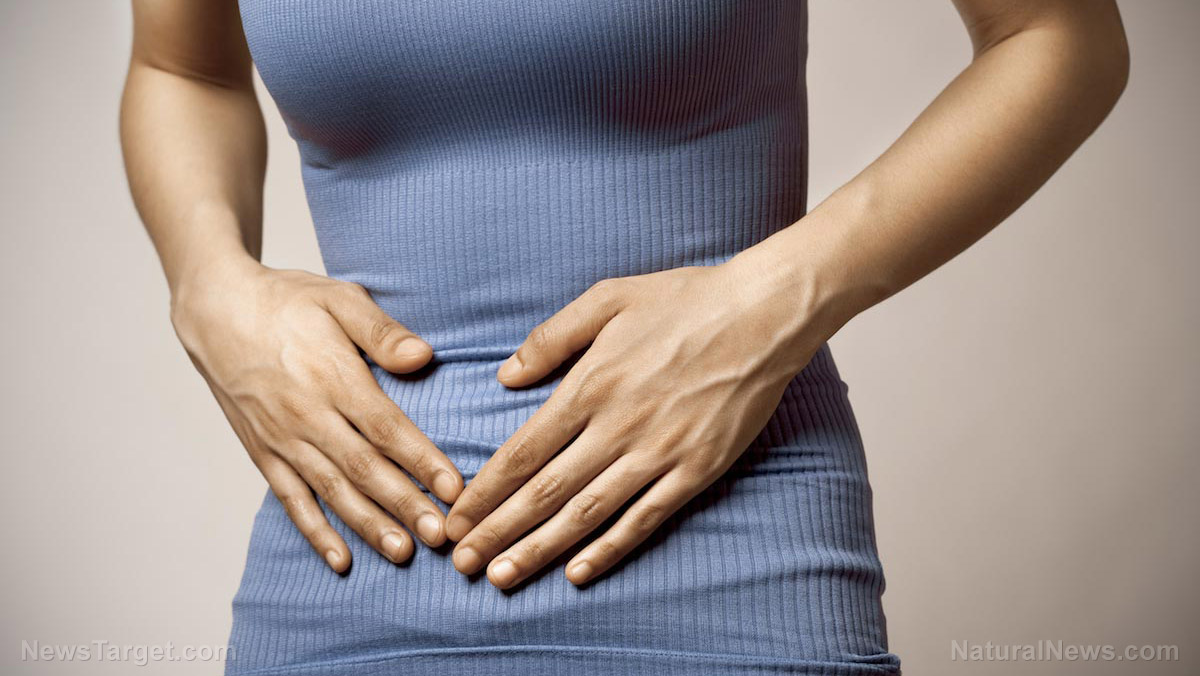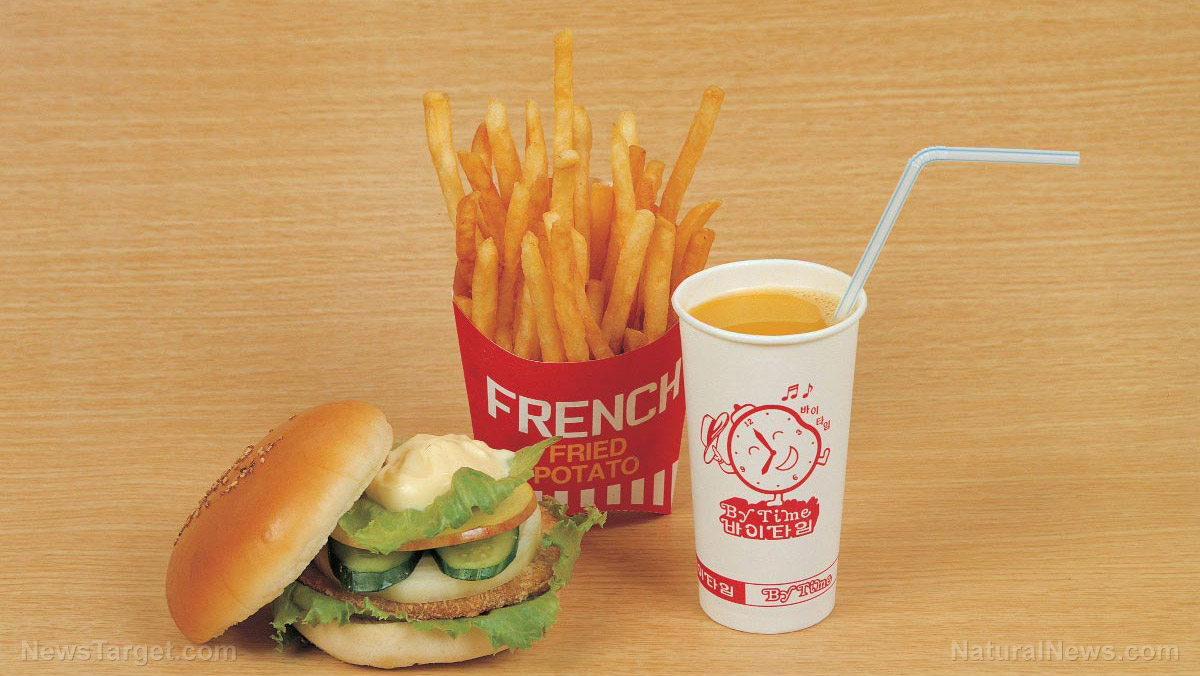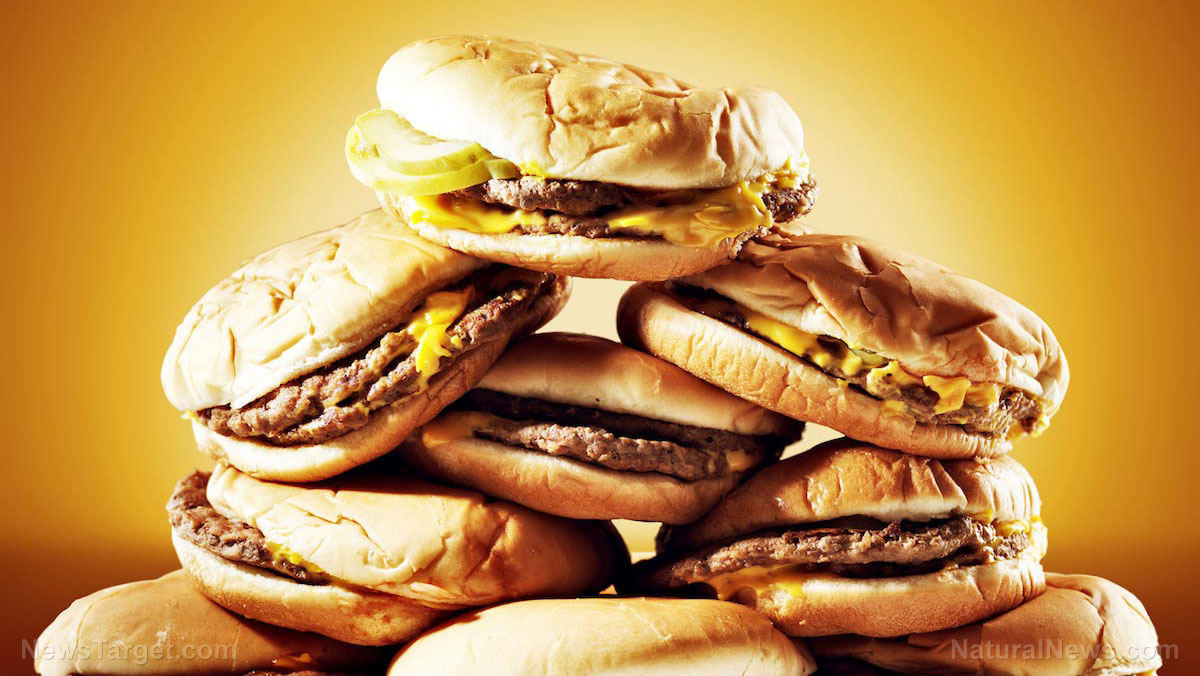
After a flare-up of diverticulitis, give your colon a break. Liquid diets are recommended after severe episodes of diverticulitis, and intravenous (IV) nutrition is used in extreme cases to give the intestines complete rest. When you get the green light to eat solid food, you must follow a low-fiber diet, at least until your body has recovered.
While this seems contradictory because a high-fiber diet is an important part of reducing the risk of a relapse, remember that you can gradually increase your fiber intake after your colon has healed. Keep your fiber intake as low as possible following the immediate aftermath of diverticulitis. Consult your doctor for a diet plan that works for you, and determine when you're ready to slowly incorporate high-fiber foods into your diet. (Related: Use natural relief for diverticulitis.)
Following this, here are some foods to avoid while you are convalescing:
- Cruciferous vegetables – Vegetables in this family are full of nutrition and are very high in fiber. While they're great for people without diverticulitis, you should avoid them while you're recovering. Avoid arugula, broccoli, Brussels sprouts, cabbage, and cauliflower because they also contain fermentable sugars that produce gas, which can stimulate your digestive tract.
- Nuts and seeds – Avoid these foods during your recovery period because of their high fiber content. You can reintroduce them to your diet when you are well enough to increase your fiber intake.
- Oatmeal and other cereals with a high fiber content – Don't eat oatmeal because it will do more harm than good to your healing digestive tract.
- Whole-grain foods -- Whole-grain bread, pasta, and rice are normally good for you, but your recovering intestine will struggle to digest them. However, they'll be a necessary part of your diet after recovery.
Suggested diverticulitis diet
If you're wondering what you can eat while you're suffering from diverticulitis, here are some suggestions:
A clear liquid diet will often include:
- Broth
- Fruit juices (without pulp, e.g. apple juice)
- Ice chips
- Ice pops (without fruit bits or fruit pulp)
- Gelatin
- Water
- Tea or coffee (without cream)
When you're feeling better, your doctor will recommend that you slowly add low-fiber foods to your diet such as:
- Canned or cooked fruits (without skin or seeds)
- Canned or cooked vegetables like carrots, green beans, and potatoes (without the skin)
- Eggs, fish, and poultry
- Fruit and vegetable juice (with no pulp)
- Low-fiber cereals
- Cheese, milk, and yogurt
- Pasta, noodles, and white rice
On diverticulitis
Diverticulitis is a disease caused by diverticula (small pouches in the colon or large intestine) that bulge outward. The condition can cause symptoms like mild cramps, bloating, and constipation.
As you get older, the risk of diverticulosis increases. This disease affects at least half of all men and women older than 60, but many remain undiagnosed. Some patients are even unaware that they have diverticulosis until they get a routine colonoscopy.
Do take note that once the diverticula becomes infected, a patient is then diagnosed with diverticulitis, which requires “more aggressive treatment.” If left undetected, diverticulitis and can cause serious complications. The other symptoms of diverticulitis causes include abdominal pain (often on the left side), fever, nausea, vomiting, chills, cramps, and constipation.
The early stages of diverticulitis can be treated with antibiotics, but if the infection is not treated immediately, a patient can experience complications like bleeding, tears, and blockages. These might require treatment or surgery.
While the root cause of diverticulitis is unclear, it's probably a combination of both genetic and environmental factors. Risk factors for diverticulitis include aging, weight gain, and gender (with more males being prone to the condition). While the study of whether fiber intake affects one's risk of developing diverticulitis is divided, increased fiber intake, weight loss, and regular exercise can help prevent relapses once you have recovered.
To learn more about alternative medicine and the healing arts, visit Naturopathy.news.
Sources include:
Please contact us for more information.























